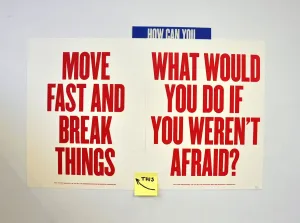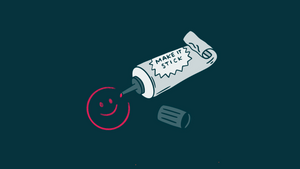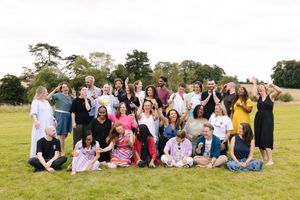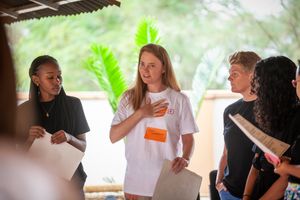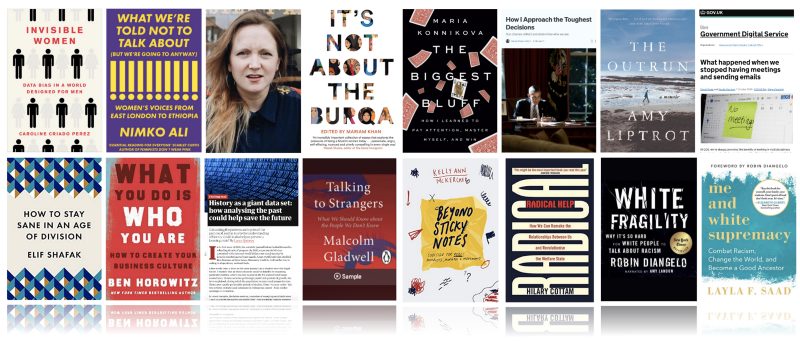
The books etc that shaped our thinking and practice in 2020
After the year we’ve had, it will come as no surprise that many of the books, podcasts and articles championed on our 2020 list are stories of hope, from reassessing our definition of value to healing in nature. But these reads are far from utopian — many offer tools, processes and ideas which can help us make sense of the uncertainty we’ve all been grappling with.
We’ve also seen many, much-needed diverse voices held up and listened to. Some through more emotive stories and essays, others through technical data and analysis. #BLM features firmly, we take a deep dive into the inherent gender biases in data, and we learn about the divisiveness of breastfeeding in a poem about motherhood.
Brink team and I have really enjoyed gathering our top reading and listening of the year. It’s not strictly content that came out this year. Rather, these are the things we read or heard that we found most compelling and relevant to our practice. Some have been validating, bringing a new language or perspective to things we already knew, others have been much more challenging, inviting Brinksters to let go of old beliefs or mindsets and cultivate new ones.
We would love to know what you think. Perhaps you’ve read for survival. Which books helped you through this year and have given you most comfort? Or perhaps you’ve read for hope. What has given you momentum for a new year with new challenges and opportunities?
The list is organised into the 6 strong themes that emerged this year:
- Navigating uncertainty
- Building back better
- Communities and co-design
- #BlackLivesMatter
- Reassessing value
- Bias and taboo
1. Navigating uncertainty
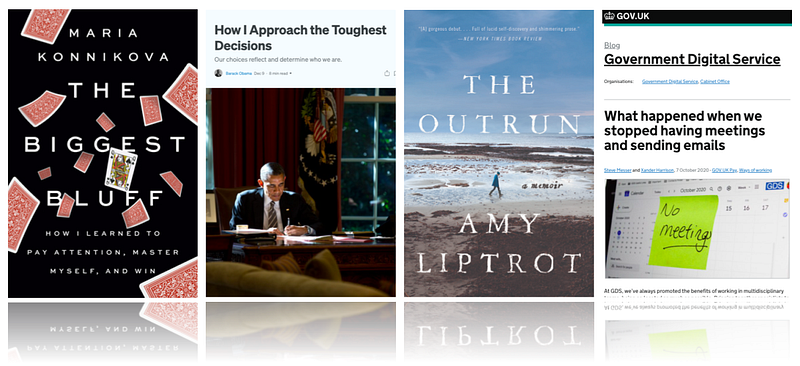
📖 The Biggest Bluff, Maria Konnikova
A psychologist’s journeys to becoming a professional poker player. It’s more than that though. It’s a book about the nature of certainty, and how to act when you don’t know. Just like we do every day when navigating the future. Especially this year.
From Asad #poker
📝 How I approach the toughest decisions, by Barack Obama
Obama writes frankly about how he developed a process for making even the toughest decisions during his time in the Oval Office which he still uses to this day. He describes the moment he shifted mindset from trying to control an outcome, to understanding the only thing he can control is the input and process.
From Abi #decisionmaking
📖 The Outrun, by Amy Liptrot
This book explores the power of nature and solitude in healing. I read this in pre-pandemic 2020, but I’d recommend it even more now given the changing nature of work, socialising and isolation.
From Bryony #wilderness
📝 What happened when we stopped having meetings and sending emails, by GDS
The Government Digital Service tried skipping meetings and sending emails for a week to see how it impacted their work. They found that tasks need more defined ownership with no team huddle and that urgent work needed direct communication.
From Dave #Covid19
2. Building back better

📖 How to Stay sane in an age of division, by Elif Shafak
Shafak’s short book asks how we can nurture the parts of ourselves that hope, trust and believe in something better. She uses the power of stories to bring us together, encouraging conscious optimism, revealing how listening to each other can nurture democracy and empathy for a kinder and wiser future.
From Sara #BeKind
📖 What You Do Is Who You Are: How to Create Your Business Culture, by Ben Horowitz
Apt and thought-provoking insights into company culture, by diving into other tight cultures like the Samurai and unpicking what we can learn from them.
From Abi #Walkthewalk
🎧 History as a giant data set: how analysing the past could help save the future, a Guardian Long Read by Laura Spinney
This challenged my thinking as I am a historian who has held steadfastly to the view that “history cannot be measured”. It should be taken with a pinch of salt, but the premise of humanity learning in generational cycles is super interesting. It can tell us a lot about how knowledge is best shared and cultivated.
From James #BuildBackBetter
📖Doughnut Economics, by Kate Raworth
As an economics undergrad, I always felt something was amiss with the subject. It turns out, there was much amiss. Firstly, the myth of ‘rational economic man’ with anything resembling true human behaviour sorely lacking. Second, the obsession with unlimited growth. Kate Raworth offers a radical re-envisioning of the system that has brought us to the point of ruin and this year it’s been so inspiring to see cities like Amsterdam put the theory right into practice when it’s needed most.
From Abi #SustainableGrowth
🔊Talking to Strangers (audiobook), by Malcolm Gladwell
Something is wrong with the tools and strategies we use to make sense of people we don’t know, inviting conflict and misunderstanding in ways that have a profound effect on our lives and our world. A brilliantly recorded audiobook which talks to why human beings are so, so bad understanding strangers. In particular, it reveals through a wide range of stories why we can’t tell what is true from what is false.
From James #humanity
3. Communities and co-design
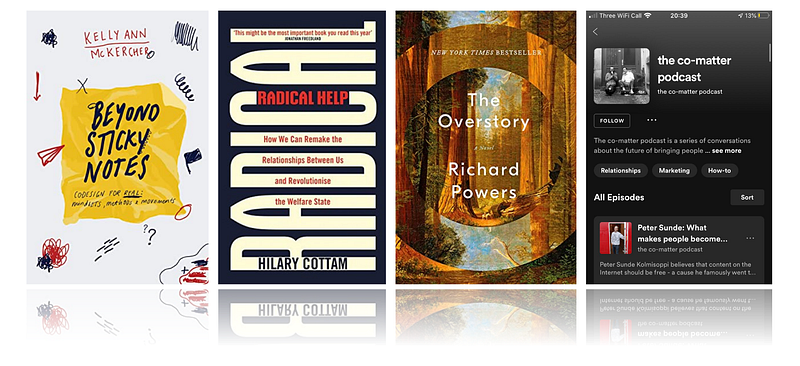
📖 Beyond Sticky Notes, by Kelly Ann McKercher
This book is a guide to co-design, as a social movement that requires certain mindsets, with a variety of methods in the toolbox. The author also did a bookclub, which involved a series of talks and discussions which was awesome.
From Alice #codesign
📖 Radical Help, by Hilary Cottam
Amazing book on Cottam’s work with UK families to reimagine the welfare state. Building capabilities, relationships and communities is at the heart of each experiment and it’s a concrete manifesto for how we could be supporting those who fall through the cracks in the system.
From Lil #RethinkTheSystem
🎧 The Co-Matter Podcast
This podcast features a series of conversations about the future of community. Highlights include Yancey Strickler, forward-thinking CEO of Kickstarter, with his vision of the future. Coming from an ethos and B Corps status that resonates very much with all we’re up to at Brink.
From Miranda #community
📖The Overstory, by Richard Powers
About the wisdom of trees. This book taught be how collectives work at Brink and how tree ecosystems are more human than we think.
From Miranda #LearningFromTrees
4. #BlackLivesMatter
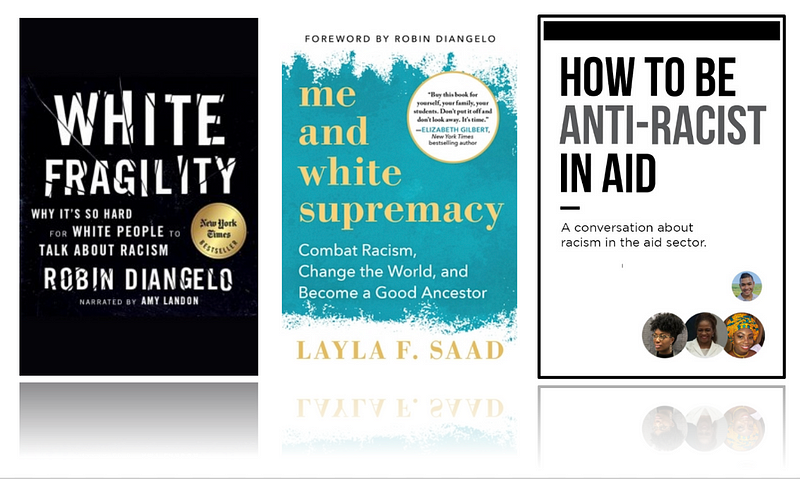
📖 White Fragility: Why It’s So Hard for White People to Talk About Racism, by Robin DiAngelo
Anti-racist educator Robin DiAngelo examines how white fragility develops, how it protects racial inequality, and what can be done to engage more constructively.
From Sara #WhiteFragility
📖 Me and White Supremacy, by Layla Saad
Written for people with white privilege: essays accompanied by journalling prompts to help you confront and address white supremacy in every area of your life.
From Bryony #WhiteSupremacy
🎧 How to be anti-racist in aid
An open, frank and wide-reaching conversation between three experts and hosted by Arbie Baguios, about how to move towards a more just and effective system of aid. Drawing on disciplines from philosophy to economics the debate concludes by giving participants tangible ways to effect change
From Abi #AntiracistAid
5. Reassessing value
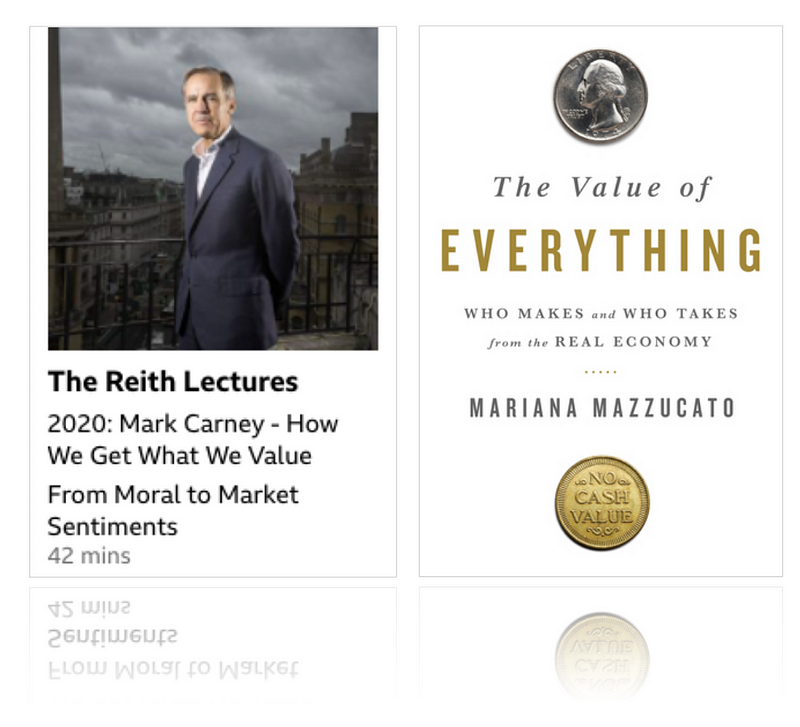
🎧 2020: Mark Carney — How We Get What We Value
The 2019 Reith Lectures woke up my most hopeful self, dolled her up and took her dancing. Mark Carney, former Governor of the Bank of England, nails it over and over again as he explores the relationship between financial value, and ethical, human, and societal values. We do, as it turns out, get what we value — a simple and useful truth for the staggering global economy as it might for one’s personal life too.
From Lea #value
📖 The Value of Everything: Making and Taking in the Global Economy, by Mariana Mazzucato
There’s real economic substance to the phrase “you know the price of everything but the value of nothing” — Mazzucato is leading the way in questioning how the world thinks about productivity and progress.
From Dave #NewEconomics
6. Bias and taboo

📖 Invisible women, by Caroline Criado Perez
“Data not only describes the world, it is increasingly being used to shape it.” This is a must-read for anyone working with data. Criado Perez shines a light, nay, a laser on all the flaws in the way we gather and analyse data then use it to design products and services. From smartphone design to the medical trials that are putting women’s lives at risk … it’s time for us to move beyond the ‘‘one-size-fits-men” approach.
From Abi #DebiasingData
📖 What we’re told not to talk about (But We’re Going to Anyway), by Nimko Ali
Women’s stories of periods, sex, orgasms, childbirth, menopause from around the world.
From Sara #data
🎤 Poetry by Hollie McNish
Simple, powerful, a look at why titillation is accepted but sustenance rejected. Four and a half minutes that will stay with you.
#EverydaySexism
🔊It’s Not About the Burqa, by Mariam Khan
A collection of essays from 17 muslim women speaking frankly about the hijab, faith, sex, racism, homosexuality etc. all sparked by that time David Cameron described muslim women as ‘traditionally submissive.’ Listen to it as an audiobook if you can.
From Lil #BeyondTheBurqa
What did we miss, what should we be adding to our reading lists for 2021?
If you’ve enjoyed this list, or would like to discuss any of the ideas you’ve read, drop us a line at [email protected] and let’s talk.
